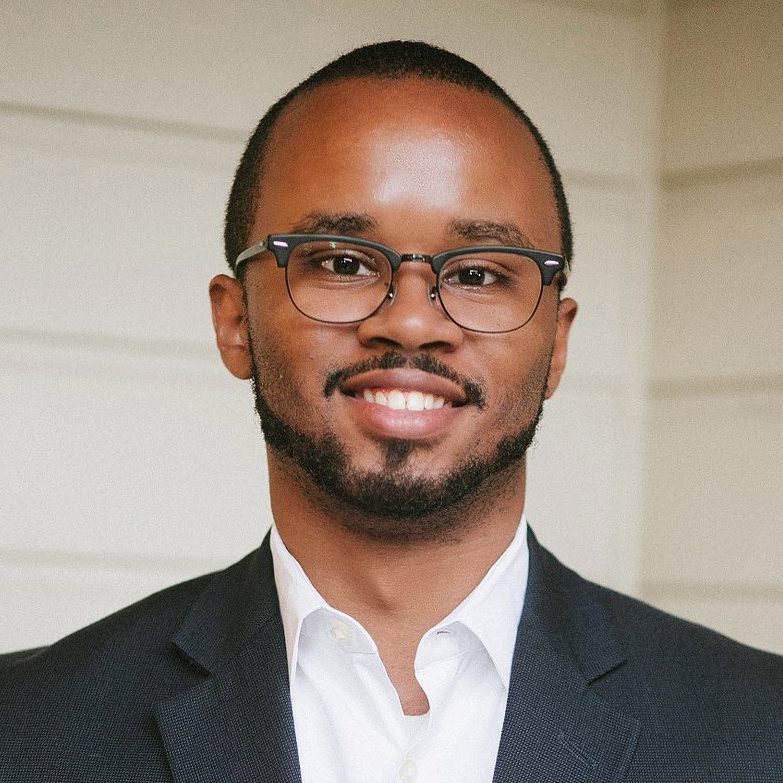This post continues our series, The Smart Scholar by Ramon Goings, with Antione Tomlin as article co-author.
For doctoral students across the nation who are writing their dissertations, the onset of COVID-19 has drastically changed how they will approach their research projects. In some instances, doctoral students will have to redesign their studies to accommodate remote data collection or potentially scrap their research plans altogether. Moreover, dissertators are balancing the completion of their studies with employment and family obligations. Students are not alone—professors have also been impacted because they have to support their dissertation advisees remotely while juggling the care of dependents, adapting research projects, and preparing for remote and/or social distance in-person teaching.
Most of the discussion about supporting students with the onset of COVID-19 has tended to focus on undergraduates. Generally speaking, graduate students—and doctoral students at the dissertation phase specifically—have not been given the same attention. Therefore, we want to share some strategies for doctoral students from our vantage point of being a doctoral candidate in the midst of completing a dissertation, and as a faculty member who is currently supporting doctoral students. Below we provide three tips for students on how to navigate the dissertation writing process during the pandemic and also include how faculty can support students in each of these areas.
Be Realistic
It is easy to become so consumed and overwhelmed with finishing your dissertation that you forget to take care of yourself. So, it is important to know and recognize your limits. Life does not stop because you decided to be a doctoral student; it might be even more hectic than ever with increased family, work, and personal obligations. Be mindful of how much you are putting on your plate and deciding to take on. If you can only provide 50% effort to your dissertation because you took on more than you can handle, everything you said yes to suffers. Knowing when to say yes or no becomes more critical during these times.
How Faculty Can Support:
As a faculty member, I can say from experience that it’s important to take the time to understand that our dissertation advisees have lives outside of the classroom. Take the initiative to understand their circumstances, so you can support them and become a trusted sounding board. This includes advising them on when to accept new responsibilities or defer them to another time. Additionally, we (faculty) can use this information to develop realistic timelines about when various sections of the dissertation can be completed.
Ask For Help!
As doctoral students, we assume that we are supposed to know everything, and if we do not, we think we are less than we are supposed to be. Both of us understand how feeling like an imposter can be paralyzing to completing the dissertation. It is important to let go of assumptions, perceived expectations, and self-doubt because it gets in the way of moving forward. We are all experiencing the effects of COVID-19, acknowledging that some students may have more or less time depending on obligations outside of school. So, ask for help when you need it. You do not have to know everything, and your faculty and committee are there to help and support you. Do not feel ashamed about needing more guidance or additional motivation to keep pushing along. Use your resources and get it done.
How faculty can support:
Faculty should be proactive and reach out to students to ask how they are doing and if they need help. Even in instances when they say they don’t need any help, it is important for us to continue to check on our students consistently. Also, you should not feel that you need to have all of the answers for your students. It is okay to seek counsel from other colleagues on how to help your students succeed.
Be Open-Minded
This is one piece of advice that we’ve found doctoral students dread hearing. From our experience, open-mindedness can be perceived as having to change everything about a dissertation plan. In reality, these simple but daunting words can work in your favor. Remember doctoral students; your committee is there to support and get you to the finish line! When they strongly encourage suggestions, it is only to help, so we challenge you—be open and consider all suggestions. When you fight the process, you will spend more time finding your way to the finish line. As a current doctoral candidate, I can say that when I made an effort to be open to suggestions, my research was enhanced, and my committee members’ experiences were more pleasurable.
How Faculty Can Support:
While it is our job to push our students to develop a robust and rigorous dissertation, we should do so with care and compassion. Far too often we see professors put their students through what can be described as academic hazing primarily because they are trying to recreate the traumatic doctoral student experience they had. This is unfair to students and a practice we need to change. For instance, we need to ensure that by the time students get to the dissertation proposal defense presentation that we are not asking them to drastically change their dissertation plan. These types of major suggestions should be addressed prior to the defense being approved. Doing so during a defense is a disservice to students and can make the dissertation process feel insurmountable.
Given the impact of COVID-19 on the foreseeable future, we will need to continue rethinking and reimagining the dissertation process for doctoral students. Our hope is that this piece begins the conversation about how to advise and support doctoral students virtually and ensure support for students who are juggling their dissertations along with other life circumstances.
How are you navigating the dissertation process? Feel free to send me your responses via Twitter so that we can continue this conversation!
Author Biographies
Dr. Ramon B. Goings (@ramongoings) is an assistant professor in the Language, Literacy, and Culture doctoral program at the University of Maryland, Baltimore County and is Founder of the Done Dissertation Coaching Program (www.thedonedissertation.com) which provides individual and group coaching for doctoral students engaged in the dissertation process.
Mr. Antione Tomlin is a doctoral candidate in the Language, Literacy, and Culture program at the University of Maryland, Baltimore County and is an assistant professor of Academic Literacies and English at Anne Arundel Community College.
Any opinions, findings, conclusions, or recommendations expressed in this material are those of the authors and do not necessarily reflect the view of Interfolio.

